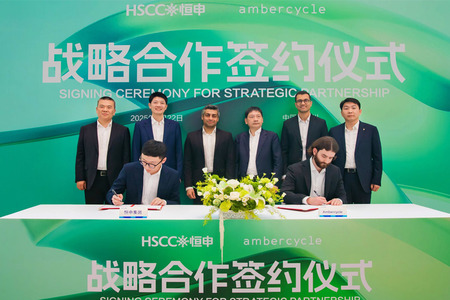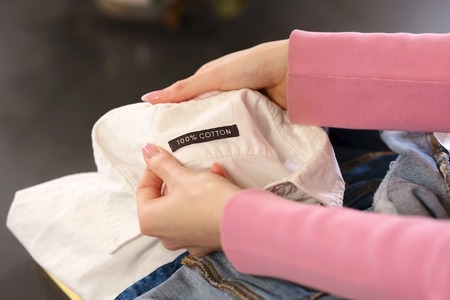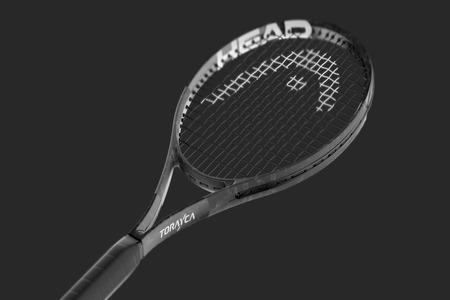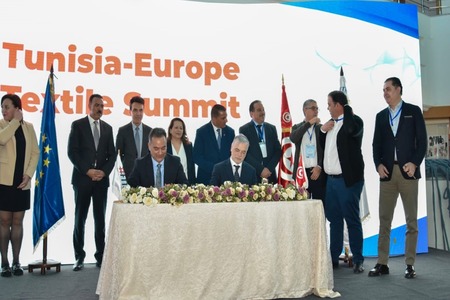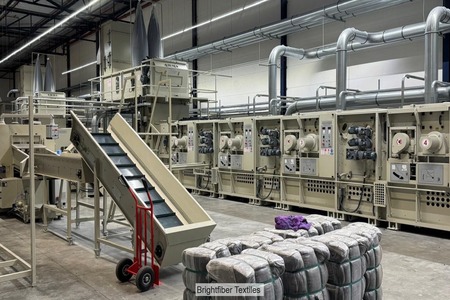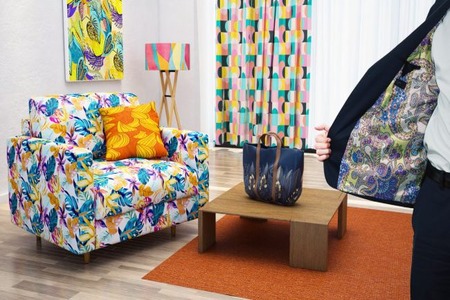
Mimaki unveils eco-friendly TRAPIS textile printing system
YarnsandFibers News Bureau 2024-03-15 15:59:24 – NetherlandsMimaki Europe, known for its industrial printers, cutting plotters, and 3D printers, has announced the commercial launch of its textile pigment transfer printing system, called "TRAPIS." This system, showcased at ITMA 2023, is now available for purchase, offering a sustainable and user-friendly solution for textile applications, reducing wastewater by nearly 90% compared to traditional methods.
TRAPIS operates through a straightforward two-step process involving an inkjet printer and a calender. First, the desired design is printed onto transfer paper using a dedicated ink, and then it is transferred onto the fabric via a calender. Unlike traditional dye-printing methods, TRAPIS generates minimal wastewater, mainly during automatic printer maintenance, saving approximately 14.5 liters of water per square meter compared to digital dye printing.
Moreover, TRAPIS eliminates the need for costly wastewater treatment facilities, as it requires minimal space and can be easily installed even in smaller print shops. The system is designed for simplicity, requiring no specialized skills to operate, unlike more complex digital and analogue printing methods.
TRAPIS offers versatility by printing on various materials, including cotton, silk, and blended fabrics, using a single type of ink. The accompanying ink is certified as safe for workers and consumers and environmentally friendly. Prints produced with TRAPIS maintain quality, stretchability, and colorfastness, making them suitable for home textiles, activewear, and fashion.
Arjen Evertse, Mimaki Europe's General Manager Sales, emphasizes the company's commitment to sustainability and customer satisfaction. TRAPIS is designed to meet evolving sustainability standards while providing print service providers with a seamless and efficient solution for producing vibrant textile applications.
Market Intelligence
Ask for free sample Report

experience
Customer Base
dedicated team
Countries Served Worldwide



